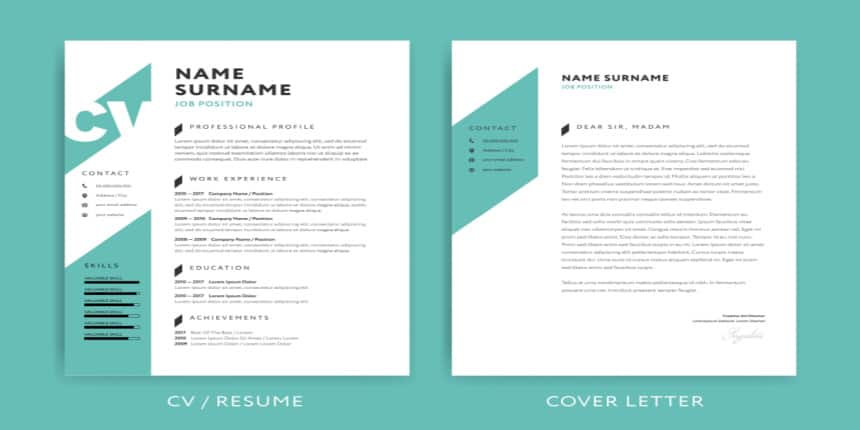CV Full Form
What is the full form of a CV?
Curriculum Vitae is the full form of a CV. A CV is a summary of a person's educational, professional, and life experiences. A complete profile of a person might include things like the candidate's full name, contact information, address, interests, educational background, accomplishments, soft & computer skills, languages spoken, marital status, and professional aspirations. Your education and every other significant accomplishment, including publications, honours, prizes, etc., are listed in your curriculum vitae. A CV summarises the qualifications and experience needed for a person's professional opportunity. The CV resembles an American resume. In some nations, a curriculum vitae is frequently used to screen applicants and is the first thing a potential employer sees about them, frequently followed by an interview.
- What is the full form of a CV?
- Points to Remember While Writing A CV
- Why do We Need a CV?
- Essential Contents of CV
- Working Experience in The CV

Points to Remember While Writing A CV
There is no need to provide your photo, salary history, references and the reason for leaving your previous job in the CV.
Use a suitable template to structure your CV. It helps employers quickly notice or see your experience and qualification.
In some Commonwealth countries, a CV is no longer than two pages (Ireland & UK). It only requires a summary of applicants' employment histories, academic transcripts, and a few personal facts.
Why do We Need a CV?
A CV demonstrates to potential employers your skills, interests, and career accomplishments. It can be brought to job fairs, and if you apply for a job online, you often have to provide your CV. If a potential employer loves your resume, they might ask you for an interview. Your resume gives you the chance to prove to prospective employers that you are a suitable fit for the job and that you have the credentials to support your claims.
Essential Contents of CV
The following are some crucial details that need to be in a CV:
Complete name
Address, contact information, and email
Purpose statement
Key competencies
Education: The name of the high school and college you attended, your length of study, and your grades. You can input the grades that have been predicted for you if you haven't yet received your results.
Professional experience
Working Experience in The CV
You undoubtedly have more experience than you think, even if you have never worked in a professional setting. Examples of work experience include:
Work observation
Volunteering
Charity
Saturday jobs
Work experience can take many different forms and dimensions. Include the name of the business you worked for, how long you spent there, and the main duties you were responsible for throughout each assignment. Write about your position in a way that demonstrates your skills to prospective employers.
Frequently Asked Questions (FAQs)
The long form of a CV is Curriculum Vitae.
A CV is a record used while applying for jobs. You can use it to highlight your skills, knowledge, and education when introducing yourself to potential employers.
There are CV template options in word processing programmes. Additionally, templates are accessible online.
A candidate's entire name, contact information, home address, email address, educational background, extracurricular activities, professional goals, languages spoken, computer proficiency, and other details are all included in this comprehensive profile. The ideal CV should not be more than two or three A4-size pages.
A curriculum vitae (CV), often created by a candidate for a position, is a summary of a person's educational and professional experience and accomplishments.